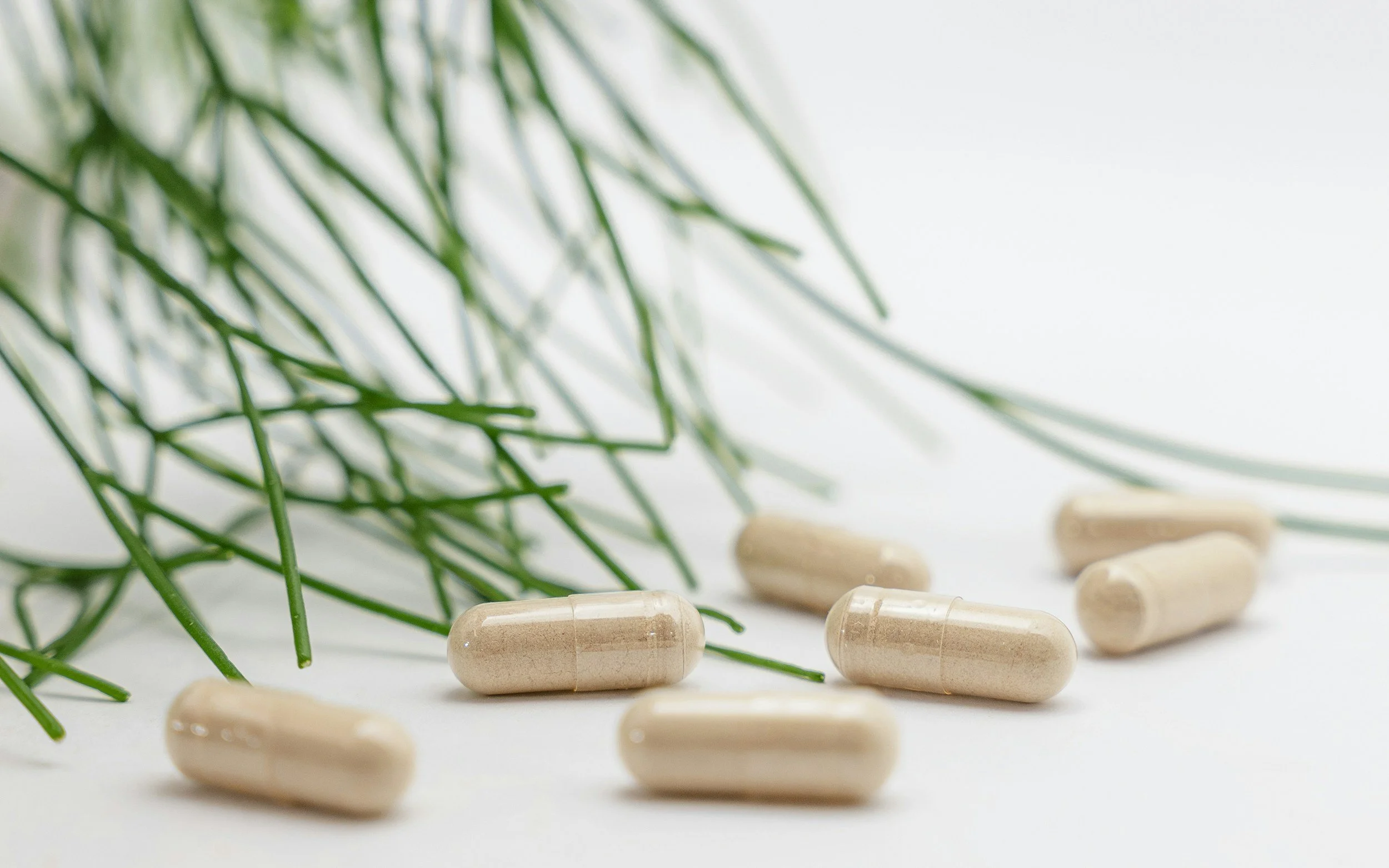Understanding Nutrient Deficiencies: The Essential Guide for Optimal Health
It's proven: 31 percent of people in the United States are at risk for a deficiency in at least one essential vitamin or mineral. This statistic may be surprising given the abundance of food available 24/7, but it's a reality we must address. Recent studies have identified the top five nutrients many of us need more of to maintain good health.
Should you be concerned about being low in one or two vitamins or minerals? Absolutely. Vitamins and minerals are crucial for optimal health. While deficiencies may not cause immediate symptoms, they can increase the risk of serious diseases affecting your brain, heart, blood, immune system, metabolism, bones, and mental health. Nutrients are the key components your body needs to keep all systems in balance. Missing just one or two can disrupt this delicate equilibrium, impacting your overall well-being.
Recognizing Nutrient Deficiencies
How do you know if you're at risk for a nutrient deficiency? It's not always obvious. Symptoms can be subtle and non-specific, such as fatigue, irritability, aches and pains, decreased immune function, and heart palpitations. This article covers the five most commonly deficient nutrients, their symptoms, and foods high in these nutrients to help you achieve optimal health.
1. Vitamin B6: Essential for Blood, Brain, and Metabolism
The most common nutrient deficiency in the US is Vitamin B6. This vitamin is vital for your blood, brain, and metabolism. It aids in forming hemoglobin, maintaining normal homocysteine levels (linked with heart disease), and producing neurotransmitters. Vitamin B6 is involved in over 100 enzyme reactions, primarily related to metabolism.
Symptoms of Vitamin B6 Deficiency:
Severe: Depression, confusion, convulsions, microcytic anemia.
Mild: Increased risk of heart disease and Alzheimer’s.
Foods High in Vitamin B6:
High-fiber cereals (fortified)
Potatoes
Non-citrus fruits (e.g., bananas)
Poultry, fish, and organ meats
2. Vitamin B12: Crucial for Blood and Brain Health
Vitamin B12 is essential for creating healthy red blood cells and maintaining the myelin sheath around nerve cells, critical for their optimal function. However, it's challenging to absorb Vitamin B12 from food, requiring adequate stomach acid and digestive enzymes.
Symptoms of Vitamin B12 Deficiency:
Pernicious anemia
Megaloblastic anemia
Neurological damage
Foods High in Vitamin B12:
Dairy, eggs, fish, poultry, meat
Clams, beef liver, trout, salmon
Fortified breakfast cereals
Nutritional yeast products
3. Vitamin C: Vital for Immune Function and Collagen Production
Vitamin C is crucial for wound healing (via collagen), neurotransmitter production, metabolism, and immune system function. It also acts as an antioxidant, reducing free radical damage that can worsen diseases like cancer and heart disease.
Symptoms of Vitamin C Deficiency:
Scurvy: Weak connective tissue, bleeding, slow wound healing, tooth loss
Foods High in Vitamin C:
Bell peppers, oranges, kiwifruit, broccoli, strawberries
Brussels sprouts, tomato juice, cantaloupe, cabbage, cauliflower
Fortified breakfast cereals
4. Vitamin D: The Sunshine Vitamin
Vitamin D promotes calcium absorption, essential for maintaining healthy bones and muscles, preventing cramps and spasms, and protecting against osteoporosis. It also reduces inflammation and modulates immune function and sugar metabolism.
Symptoms of Vitamin D Deficiency:
Rickets in children
Osteomalacia in adults
Foods High in Vitamin D:
Fatty fish (salmon, trout), fish liver oils
Egg yolks, beef liver, cheddar cheese
UV-exposed mushrooms
Fortified dairy, plant milks, breakfast cereals, orange juice
5. Iron: Essential for Healthy Blood and Oxygen Transport
Iron is crucial for transporting oxygen in the blood and supporting muscles and connective tissue. It's necessary for physical growth, neurological development, hormone production, and cellular function.
Symptoms of Iron Deficiency:
Anemia
Slow progression from mild iron deficiency to full-blown anemia
Foods High in Iron:
Fortified cereals, oysters, white beans, dark chocolate
Beef liver, lentils, spinach, tofu
🌿 Ready to Get Clarity on Your Nutrient Status?
Up to one-third of Americans may be deficient in at least one essential nutrient—most often B12, B6, vitamin D, vitamin C, or iron. These imbalances can quietly impact your energy, mood, immunity, and overall health, even if you're eating well.
If you’re feeling "off," dealing with stubborn symptoms, or simply want a clearer picture of where your nutrition stands, I invite you to explore the SpectraCell Micronutrient Test via my lab shop.
This test goes beyond basic blood work to assess how well your body is actually using key vitamins, minerals, amino acids, and antioxidants at the cellular level.
✨ Every test includes:
A personalized results summary
Natural, food- and supplement-based recommendations you can start implementing right away
Want to dive deeper? You can also choose to book my Foundations Package, which includes a full consultation and follow-up session to create a tailored nutrition and lifestyle plan based on your results.
👉 Visit my lab shop here to get started.
Let’s explore what your body really needs—so you can feel your best from the inside out.

